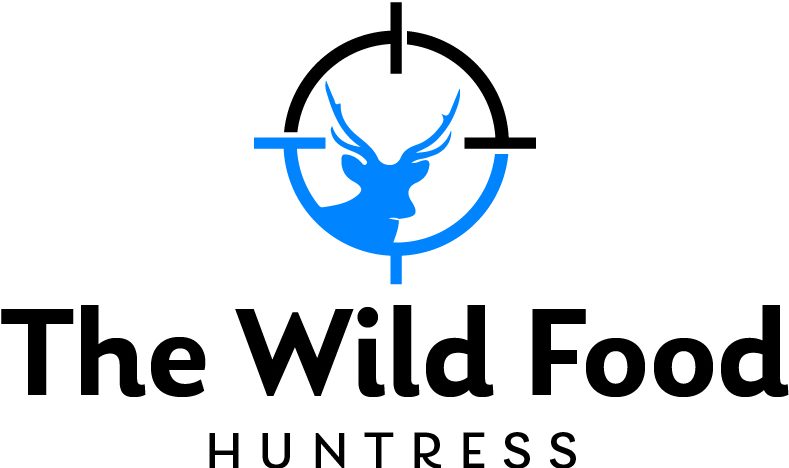Food brands that are looking to capitalize on the Metaverse are rushing to register trademarks. In February, McDonald’s registered several trademarks that hinted at plans to sell digital food and beverages. In the same month, US bakery chain Panera Bread applied for a brand to claim the territory of restaurants and cafes in the Metaverse.
In November and December of 2021, Tiger Beer will host their second Street Food Virtual Festival. The virtual world allowed attendees to immerse themselves while ordering food and beverages from local Malaysian vendors. Virtual world games and activities were available, with the winners receiving real-world discounts on food, happy hour offers, and exclusive merchandise.
Newly launched food and beverage brands and established ones can create new revenue streams through investing in NFTs. Keep It Real Meals will be launched by Burger King in September 2021. Fast-food companies were asked to add QR codes on meal boxes as part of the campaign. These codes, once scanned, unlocked digital collectibles as well as bonus NFTs. Bored Breakfast Club has a unique approach, using NFTs as a way to launch their direct-to-consumer coffee subscription. The brand’s exclusive coffee is unlocked by owning an NFT out of their collection of unique digital assets.
What would a dining experience in the Metaverse look like? Food and beverage brands are exploring new ways to enjoy food despite not being able to eat digitally. Metaverse provides new engagement channels for food brands. The adoption of web3 food concepts could be crucial to ensuring that the industry remains relevant in the Metaverse.


